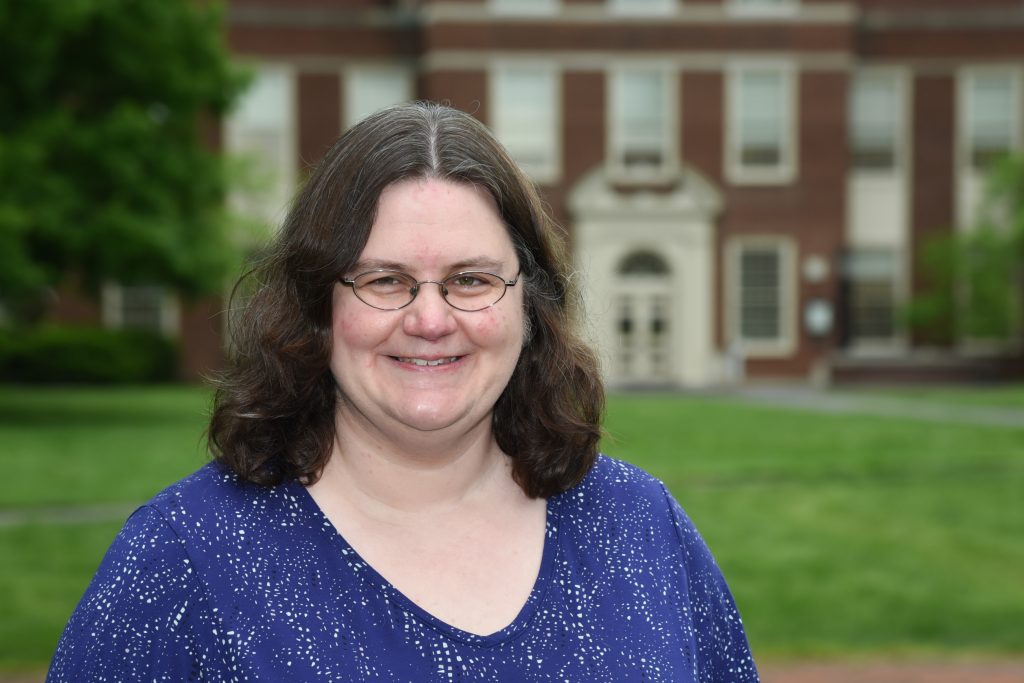
Carrie Pirmann is the Social Sciences Librarian at Bertrand Library, and serves as the library liaison to the departments of Anthropology, Economics, Geography, Psychology, Sociology, and Women’s and Gender Studies. She is not-so-secretly a data geek (especially census data) and enjoys working on digital projects that incorporate mapping and other forms of visualization. She’s also developed an affinity for teaching computers to read 18th century handwriting using Transkribus as part of the Moravian Lives project, and is part of the Heresies @ Bucknell collective.

Ilse Allen is the History, International Relations, and Political Science Librarian at the Bertrand Library. She is a native of the Binghamton, NY area, just north of the Pennsylvania border with deep family roots in the Coal and Amish areas of Pennsylvania on her mother’s side. She attended Binghamton University as an undergraduate, where her studies were focused on the history and anthropology of the colonial slave trade in the Americas. It was at Binghamton that she discovered the museum studies field-which combined a love of history and the study of material culture-and in a few years moved to Boston, MA to attend Tufts University where she earned a MA in Museum Studies and History. Her master’s thesis and accompanying exhibit, “Dual Identities” specifically looked at African American Sailors in Newburyport, Massachusetts and was an overall study of African Americans at sea in the colonial and antebellum period throughout the United States. Ilse also holds an MLIS from Simmons University where she studied cataloging, user instruction, and specialized in archival access and use and digital archives. She is specifically interested in uncovering underrepresented voices in the archival record and finding ways to apply reparative archival methods to fill in gaps in our collective memory from the past.